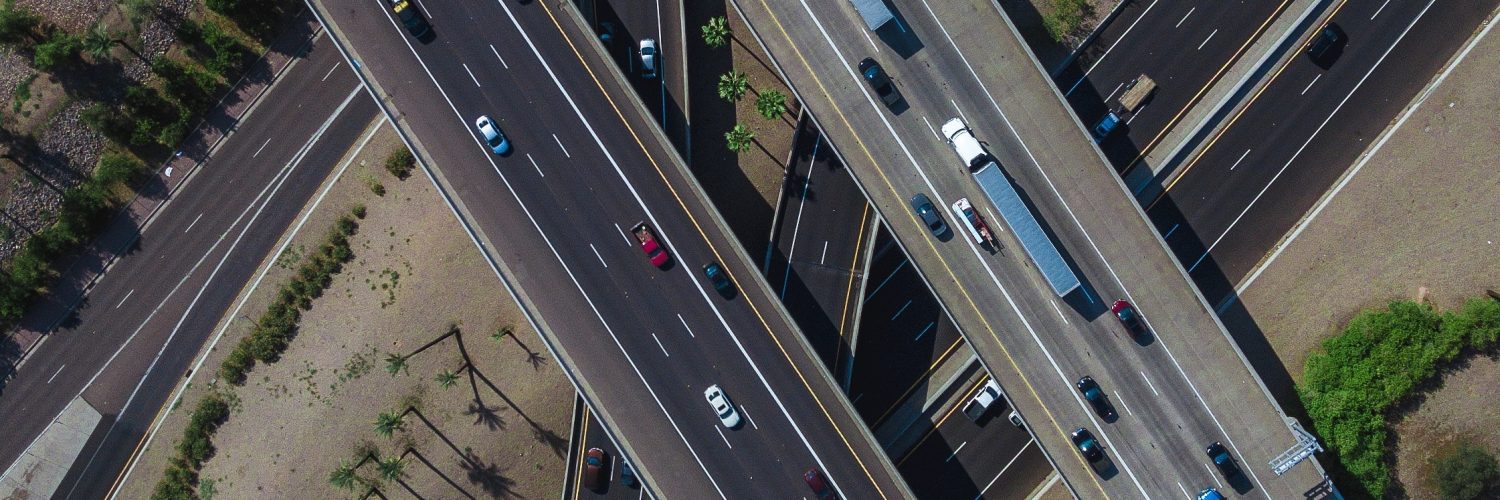America’s decaying infrastructure is hurting industry and the nation’s global competitiveness, industry leaders and congressional members said during a long-awaited hearing on the issue last week.
“Our infrastructure system used to be the envy of the world,” House Ways and Means Committee Chairman Richard Neal (D-MA) said during the hearing. “Now, due to decades of underfunding and neglect, it’s falling apart and we’re falling behind our global competitors.”
The hearing is the beginning of momentum in Congress to put together a bipartisan transportation bill or comprehensive package to fix America’s outdated infrastructure.
After a decade of neglect, it’s time to fix the “infrastructure crisis,” Neal said during the hearing, entitled “Our Nation’s Crumbling Infrastructure and The Need for Immediate Action.”
“This is a problematic reality for every single state and congressional district in the nation, “ said Neal, adding that America is facing “the largest infrastructure funding gap in the world.”
First hearing in a long time
The hearing is the first time in about a decade the chief-tax writing committee has considered a major infrastructure bill, reports the American Society of Civil Engineers (ASCE).
Industry leaders who spoke at the hearing include past president of the ASCE and the chair of the Committee for America’s Infrastructure, Greg DiLoreto; American Trucking Association President and CEO, Chris Spear; AFL-CIO President Richard Trumka; and U.S. Chamber of Commerce President and CEO Thomas Donohue.
They and other experts described crumbling roads and highways, stressed dams, outdated public transportation, dated airports and railways, aging water systems and pipelines, and a backlog of flood control projects.
Meanwhile, other countries like China are surpassing America, modernizing their infrastructure with new, smart technology.
“Congress must come to grips with the fact that most of this system was built 60-150 years ago,” Donohue said at the hearing. “The Chamber believes the time has come to enact a federal infrastructure modernization plan to provide every American a 21st century system.”
Funding is the question
Infrastructure needs are so massive, funding is the biggest challenge.
An infrastructure report card from the American Society of Civil Engineers gives the nation’s infrastructure a D+. To pull that up to a B would take an estimated $2 trillion, according to ASCE.
On Monday, President Donald Trump included $200 billion for funding infrastructure in his 2020 budget. The investment would be used to spur $1.5 trillion in public-private infrastructure projects.
While Congress may not sign off on Trump’s budget, there is strong bipartisan support for a transportation or infrastructure bill to get on his desk this year.
A number of industry groups are proposing funding recommendations including vehicle and fuel taxes or fees and issuing bonds. The U.S. Chamber and other groups are pushing for a fuel tax.
“In the business community, some of the strongest proponents for a federal increase are those who would be most directly affected — the truckers,” Donohue said at the hearing. “Claims that this can’t get done are simply false. We believe this is the simplest, most common-sense solution out there.”
To get America back in competition, the U.S. Chamber is proposing a four-pillar plan. Here is a summary:
User fees Congress has not approved a gas tax increase since 1993. Since then, inflation has eroded over 40 percent of the value of the fee. Motorists today use less fuel to drive the same number of miles so there is significantly less revenue to maintain roads. Raising the gas tax by 25 cents would generate $394 billion over the next 10 years to invest in roads, bridges, and transit systems.
Private investment There is $100 billion in private global capital looking for investment opportunities in infrastructure, and more private money would invest if Congress makes the kinds of policy changes industry is calling for.
To encourage investment, the Chamber advises strengthening and expanding federal loan programs such as Transportation Infrastructure Finance and Innovation Act, Railroad Rehabilitation & Improvement Financing Loans, Private Activity Bonds, grants, and other mechanisms to facilitate public-private partnerships.
Streamline the permit process Reforms are needed to remove red tape and inefficient permit processes for infrastructure projects.
Build the workforce Even with adequate financing and prompt government agency project approvals, if there are not enough workers available to do the work, the U.S. won’t be able to build a modernized infrastructure. In October of 2018, the number of unfilled construction jobs hit 323,000, the highest number of open positions in the sector since the Bureau of Labor Statistics began keeping track.
Technical education opportunities and apprenticeships can help fill the need. Immigration reform also is essential, Donohue said.
“Nearly 100,000 immigrants who are protected under the DACA (Deferred Action for Childhood Arrivals) and TPS (Temporary Protected Status) programs are construction workers,” Donohue said in the statement. “We need a permanent solution for Dreamers and TPS beneficiaries so they can stay in their homes and jobs and continue to contribute to our economy.”

















Add comment